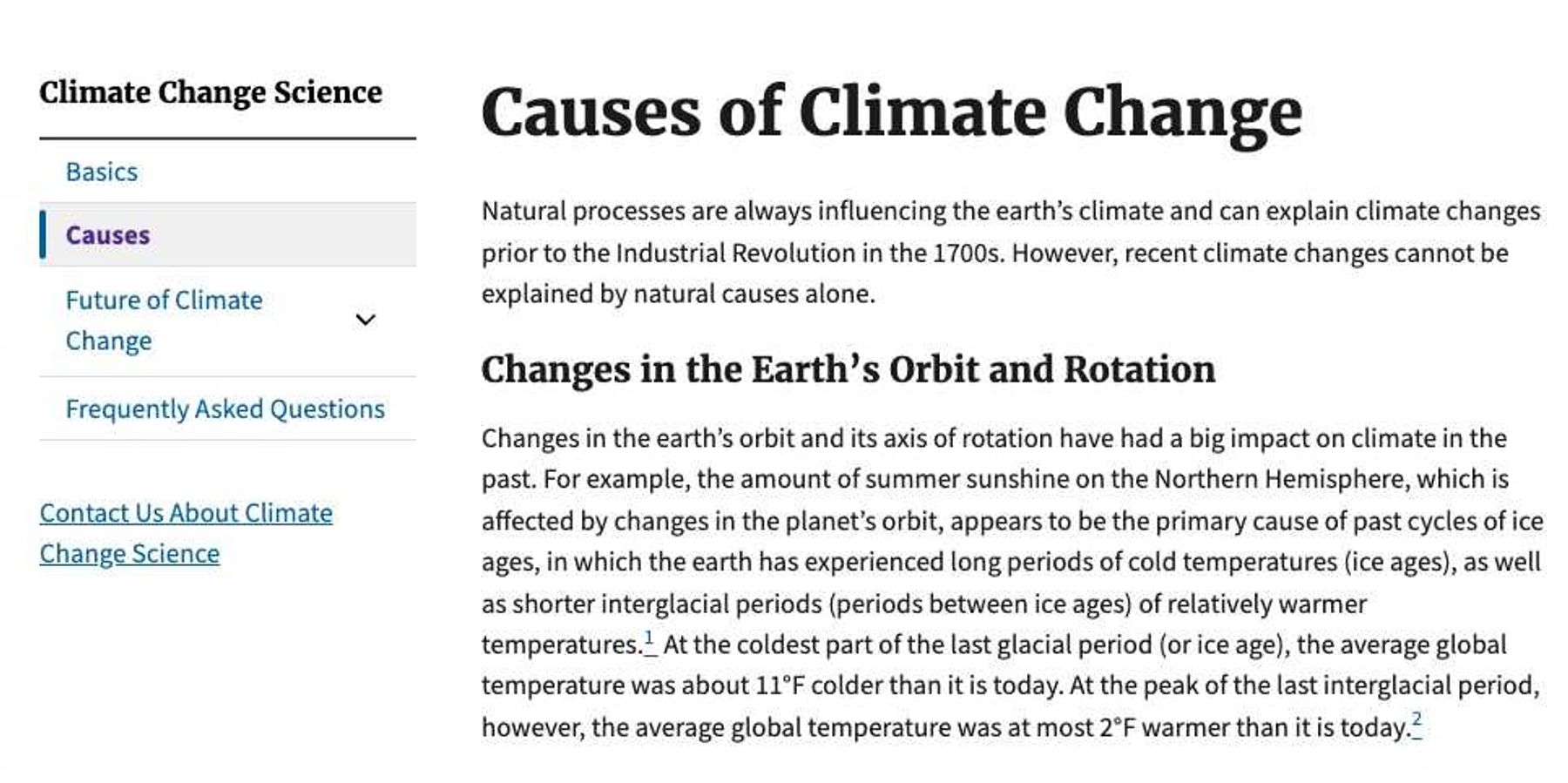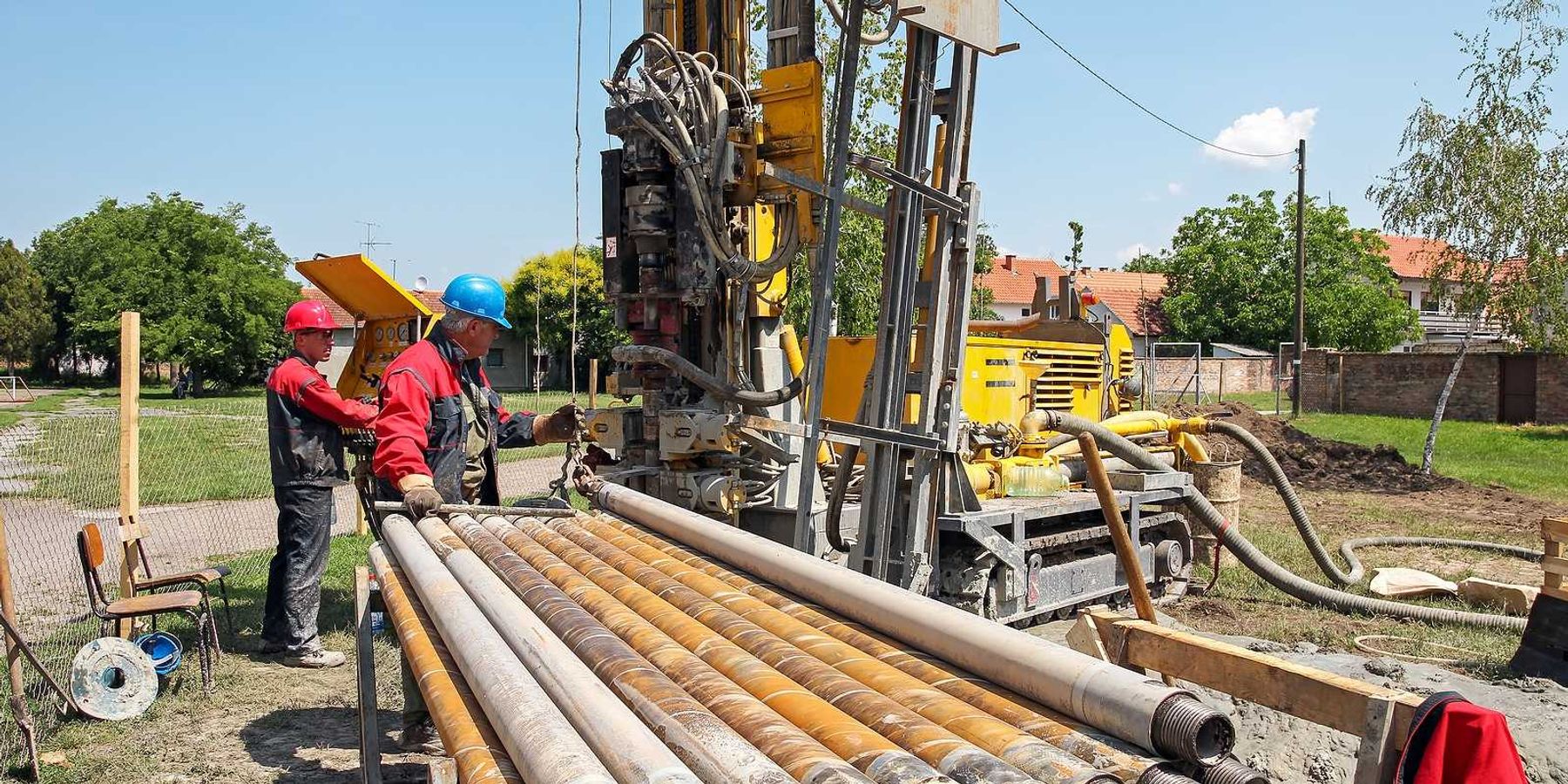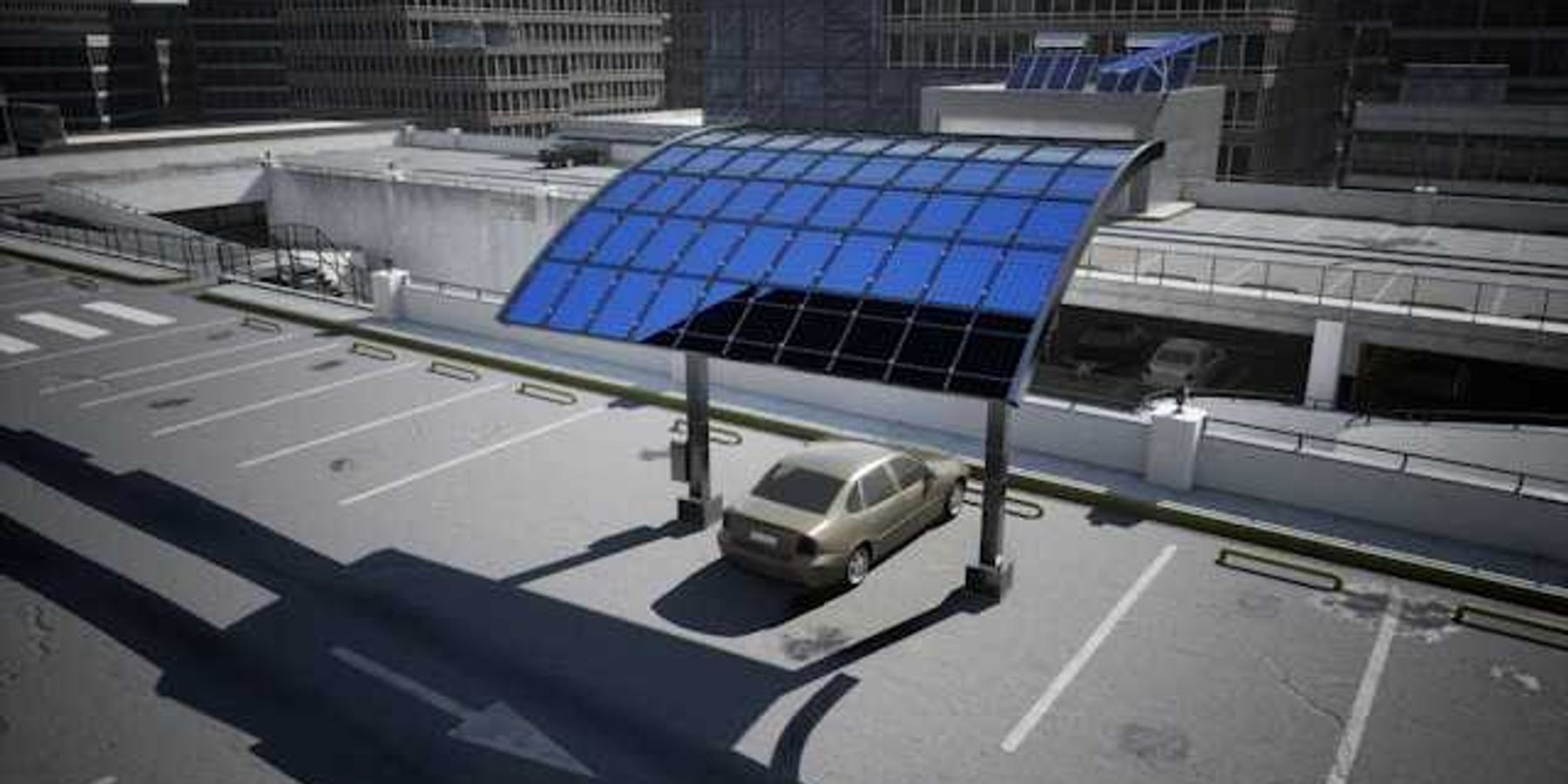Global economic losses from climate change may be far worse than predicted, new study warns
Climate change could slash global income for the average person by 40% if temperatures rise 4C above pre-industrial levels, a new study shows, challenging decades of economic modeling.
Graham Readfearn reports for The Guardian.
In short:
- Australian researchers found that economic models have long underestimated the global cost of climate change, particularly due to extreme weather's ripple effects across supply chains.
- The study projects that even with 2C warming, average per-person GDP could fall by 16%, far above earlier estimates of just 1.4%.
- Models that ignore supply chain shocks and extreme events give a false sense of security, undermining the case for rapid emissions cuts.
Key quote:
“In a hotter future, we can expect cascading supply chain disruptions triggered by extreme weather events worldwide.”
— Dr. Timothy Neal, University of New South Wales Institute for Climate Risk and Response
Why this matters:
For decades, policymakers have leaned heavily on integrated assessment models — tools meant to weigh the costs and benefits of acting on climate change — to guide everything from carbon pricing to international climate negotiations. But a growing body of research suggests those models have missed a critical point: The planet doesn’t operate in silos, and neither do economies. When a drought hits one part of the world, it can ripple through global food supply chains, raise prices on every continent, and put pressure on already strained health systems. Such “cascading impacts” are largely absent from older economic models, which means the actual cost of climate inaction has likely been dramatically underestimated.
Related: Unprecedented climate disasters surged worldwide in 2024













